If you suffer from insomnia or you wake up in the middle of the night and can’t find your way back to dreamland, taking CBD for sleep may be the solution you’ve been looking for.
In this article, the all-things-cannabis experts at budcargo.ca discuss everything you need to know about CBD for sleep so that you can make an informed decision about what you put in your body.
CBD: What Is It?
CBD is a member of a special class of chemical compounds that those in the know call cannabinoids.
Research on CBD is still in its infancy, but the scientific and medical communities (not to mention cannaenthusiasts) already agree that CBD can do a lot of very useful things, including:
- Relieve pain
- Relieve anxiety
- Reduce inflammation
- Relieve psychosis
- Stimulate appetite
- Reduce nausea
- Reduce seizure/convulsion
- Prevent nervous system degeneration
Another super beneficial effect of CBD is its ability to help you fall asleep faster and stay that way longer. That’s why we’ve devoted an entire article to discussing CBD for sleep.
CBD For Sleep: How Does It Work?
Here’s a fun bit of trivia: your body and brain contain specific receptors that only interact with cannabinoids.
In fact, your body actually manufactures its own set of cannabinoids for activities such as controlling emotions, governing pain sensitivity, regulating appetite, and, yes, helping you fall asleep and stay asleep.
These cannabinoids are called endocannabinoids (endo meaning internal or within), and the neurons and receptors with which they interact (CB1 and CB2) make up the endocannabinoid system.
So, basically, your body is already used to accepting cannabinoids as a part of its natural, everyday operation. The nice thing is that the endocannabinoid system will also accept cannabinoids from outside your body.
And where do these outside cannabinoids come from? The cannabis plant, of course!
The THC, CBD, CBN, and CBG you consume when you smoke, eat, or otherwise absorb a cannabis product into your bloodstream are called phytocannabinoids (phyto meaning of or relating to plants).
Your body doesn’t really distinguish between endocannabinoids and phytocannabinoids. All it “knows” is if those cannabinoids are present or not.
When they’re present, they turn on certain systems in your body (the emotion, pain, appetite, and circadian systems mentioned earlier). When cannabinoids are not present, those systems stay off.
Think of your endocannabinoid system like a video game console.
When you plug in or load a specific game, the console produces a specific set of results. So unless something is really wrong, when you plug in Pac-Man, you’ll get the dots, ghosts, and floating fruit that you expect.
If you plug in another cartridge, you expect different results.
You can use the same concept to understand what happens in the endocannabinoid system. The individual cannabinoids — THC, CBD, CBN, etc — are like the game cartridges.
When you plug THC into the endocannabinoid receptors, you’ll get a certain result (usually including some form of a brain or body high). When you plug CBD into the endocannabinoid receptors, you’ll get different results.
In the case of CBD for sleep, when you flood your system with cannabidiol, the CBD molecules dock with the CB1 and CB2 receptors, calm you down, help you stop thinking, and allow you to fall asleep faster and stay asleep all night.
CBD And Other Ingredients
While CBD for sleep is a great solution for your insomnia or midnight restlessness, many CBD products also include other ingredients, such as melatonin, cannabinol (CBN), and gamma aminobutyric acid (GABA).
Melatonin
Melatonin is a hormone made by the pineal gland that helps your body know when it’s time to sleep and wake up. Melatonin levels increase at night and drop in the morning in response to the amount of light you get each day.
Sometimes, for a variety of different reasons, melatonin in your body is in short supply. This can make it hard to relax and fall asleep.
Taking CBD for sleep that includes melatonin helps “reset” your system so it can function naturally, relax, and fall asleep in minutes instead of hours.
CBN
The few small tests examining cannabinol (CBN) as a sleep aid (one from as far back as 1976) show that it can produce greater sedation than THC without the trippy side effects and can extend the sleep cycle in rodents.
CBN in combination with CBD for sleep also results in less residual grogginess that sometimes occurs in the morning with other common sedatives.
Gamma Aminobutyric Acid
Gamma aminobutyric acid (or GABA for short) is a naturally occurring amino acid that acts as an inhibitory neurotransmitter in your brain.
GABA blocks certain brain signals and decreases activity in your nervous system. Because of those effects, GABA helps you stop thinking and makes you feel more relaxed so you can fall asleep and stay that way.
It can be very difficult to figure out what is causing insomnia or wakefulness in the wee hours of the night.
Not enough melatonin? Not enough GABA? Not enough naturally produced endocannabinoids telling your body to relax?
That’s why, when you read the label of a CBD for sleep product, you’ll often see these other ingredients included as well. They’re already present in your body and brain (to some extent), so there’s very little risk of taking too much or experiencing negative side effects.
And by including these extra ingredients, CBD for sleep products address all the potential problems that might be preventing you from falling asleep.
CBD For Sleep: What Form Should You Take?
You can purchase CBD for sleep in a wide variety of different products these days, but all fall into three basic categories:
- Topical
- Ingestion
- Inhalation
Topical CBD is pretty much useless as a sleep aid unless you plan on using it to relieve muscle soreness or some other type of localized pain that is preventing you from relaxing.
That leaves ingestion and inhalation as the go-to options for getting CBD into your body. We’ll examine each one in a bit more detail.
Ingestion
Ingestion, at its most basic, is just a fancy word for putting something in your mouth.
It doesn’t matter whether you swallow or let that something dissolve under your tongue (sublingual) or along your cheek (buccal) — it’s still ingestion.
Because it’s so discreet and easy to consume, ingesting CBD for sleep is one of the most popular methods available.
Products include:
- CBD tinctures
- CBD gummies
- CBD strips
- CBD pills
- CBD isolate
- CBD edibles
As you can see, the options are wide and varied, so don’t be afraid to experiment in order to find the CBD product that works best for you.
Inhalation
Inhaling CBD for sleep encompasses any method that requires taking a smoke or vapor into your lungs.
These are the more traditional methods of “smoking” that you might associate with marijuana use of the past. Inhaling includes products such as:
- Joints
- Blunts
- Spliffs
- Bongs
- Dab rigs
- Vape pens
One of the great things about inhaling your CBD for sleep is that the effects are almost instantaneous. With many of the ingestion methods, you’ll have to wait an hour or more before finally feeling like you can fall asleep.
But with any of the inhalation methods, you’ll start to feel calmer, less anxious, more relaxed, and ready to fall asleep in minutes rather than hours.
Is CBD Safe?
Yes, CBD for sleep is safe. There are very few side effects associated with CBD (in any form). One of the only commonly reported issues is a tendency to experience dry mouth after taking CBD.
In a world full of treatments with a long list of negative side effects — most of which are worse than the original problem — a bit of dry mouth is a small price to pay for a good night’s sleep.
Plus, you’ll be asleep, so you won’t care one way or the other.
That said, it’s also important to keep in mind that CBD is biphasic, which means that at certain levels, CBD provides a certain list of effects. At other — often higher — levels, CBD provides different effects.
So, if you’re taking CBD for sleep, it’s essential to experiment with dosage and find what works for you.
The only other side effect of CBD is a decrease in your liver’s ability to process other drugs. So, if you take a heart medication and add CBD to control your blood sugar, you could be doing more harm than good.
Be sure to talk to a physician about whether CBD is right for your condition.
Talk To Your Doctor Before Trying CBD For Sleep
As with any substance taken for medicinal purposes, it’s always a good idea to consult your doctor or a trained medical professional.
They can provide clinical information regarding your medical issue and make suggestions about the best form of treatment.
Once you’re ready to try CBD for sleep, talk to the budtenders at your local dispensary for help finding the delivery method (ingestion or inhalation) and products that will work best for you.
For more information on all things cannabis, and to check out our 100 percent all-natural marijuana products, visit budcargo.ca today.

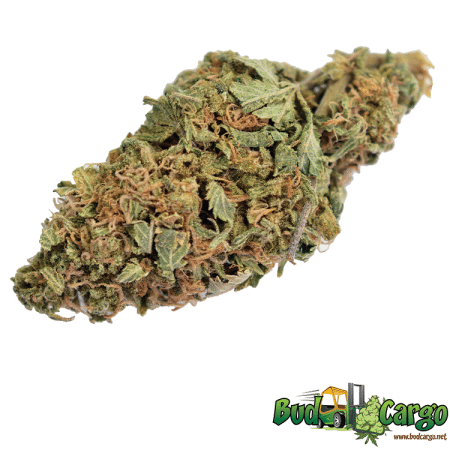
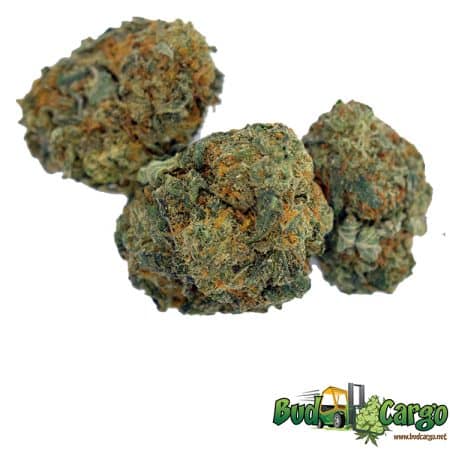
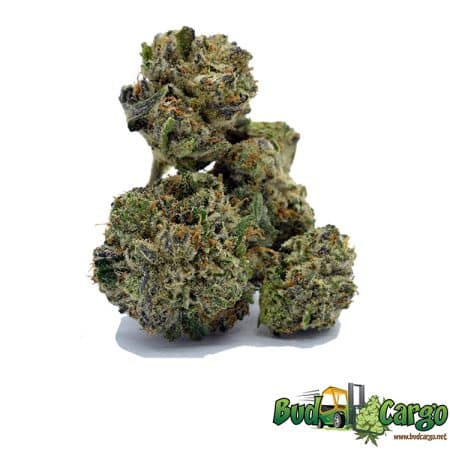
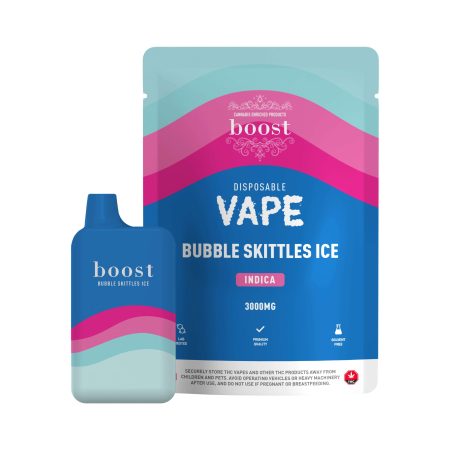
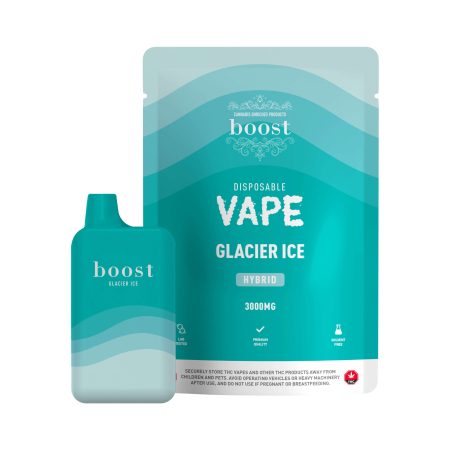
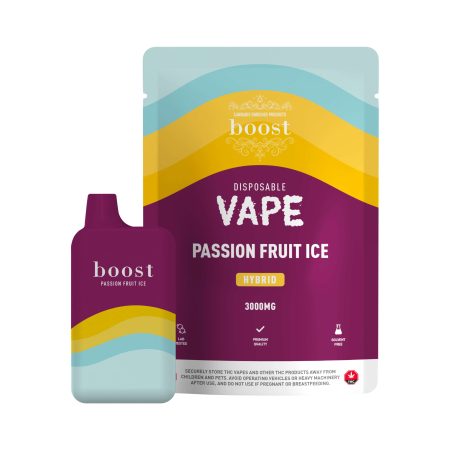
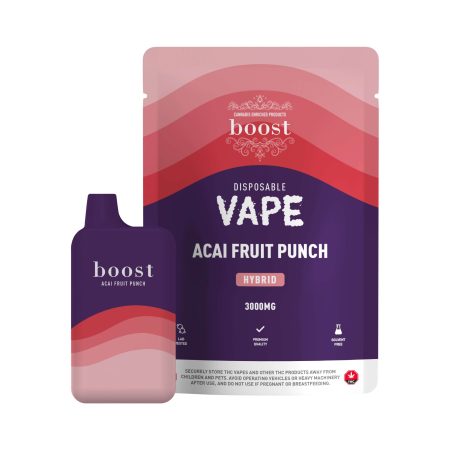
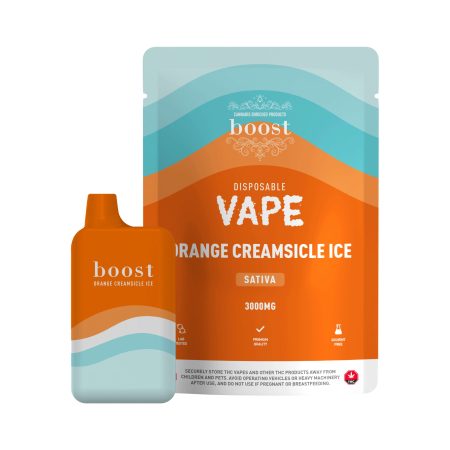
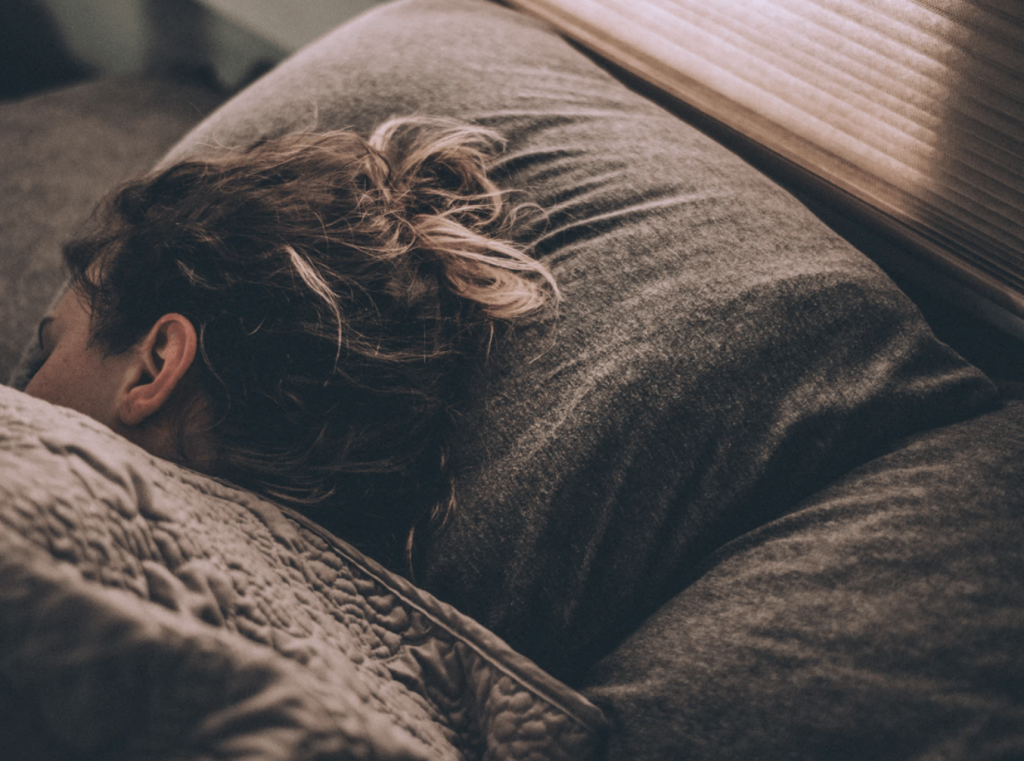








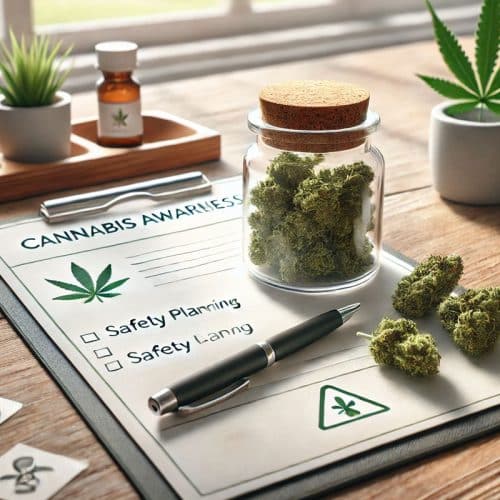
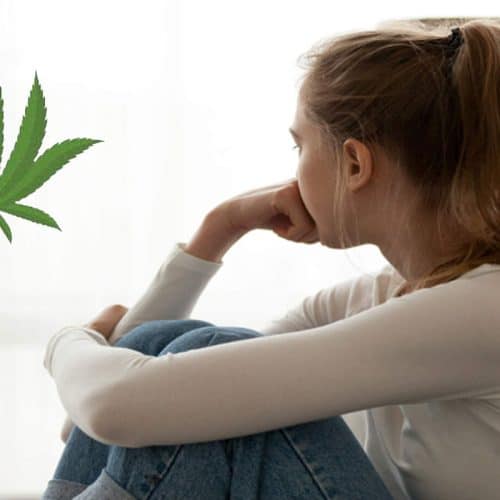
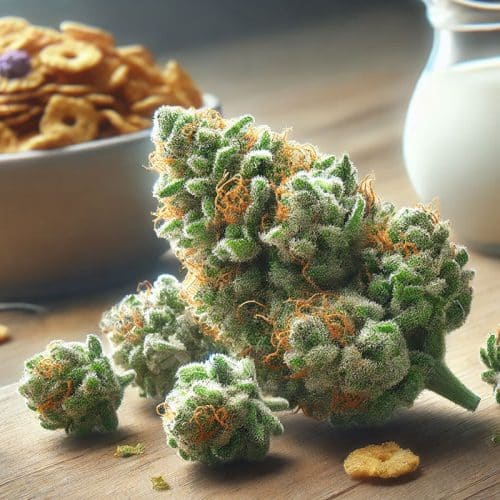
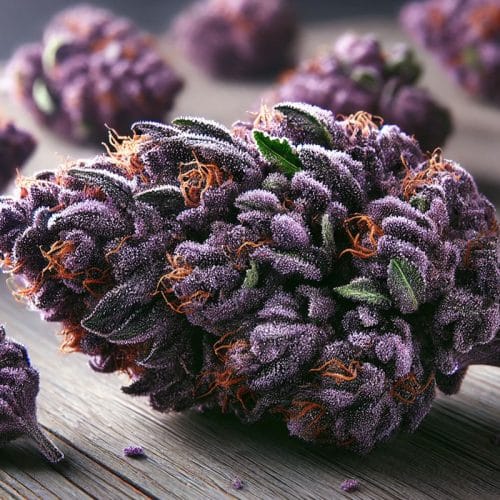
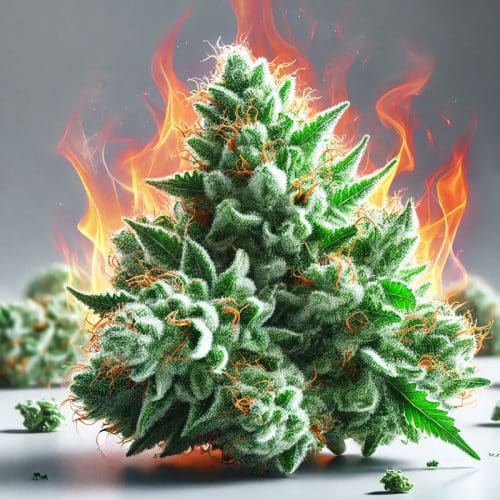




You must be logged in to post a comment.